
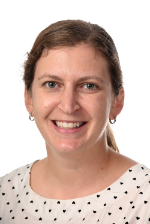
Katherine Brewer
Librarian and MUN Advisor
What is a Global Citizen? The United Nations Education, Cultural, and Scientific Organization (UNESCO) has stated that the greatest issues facing the world to today are “human rights violations, poverty and inequality”. The goal of Global Citizen Education (GCED) is to “empower learners of all ages to understand that these are global, not local issues and to become active promoters of a more peaceful, tolerant, inclusive, secure and sustainable societies”. Pupils at Huili challenge themselves to be Global Citizens, to take on and solve issues facing society all over the world.
Huili Middle School pupils have taken part in Model United Nations (MUN) since 2018. Pupils attend international conferences where they take on global issues with pupils from across Shanghai, China, and Asia. Each student delegate is assigned a country to represent and an issue to solve. The student delegates must research the country and the issue. At the MUN conferences, students join with students, many of whom are native English speakers and high school students, to debate and solve these issues. The pupils must understand the Rules of Order that govern the United Nations (UN) so they can take part in the debates.
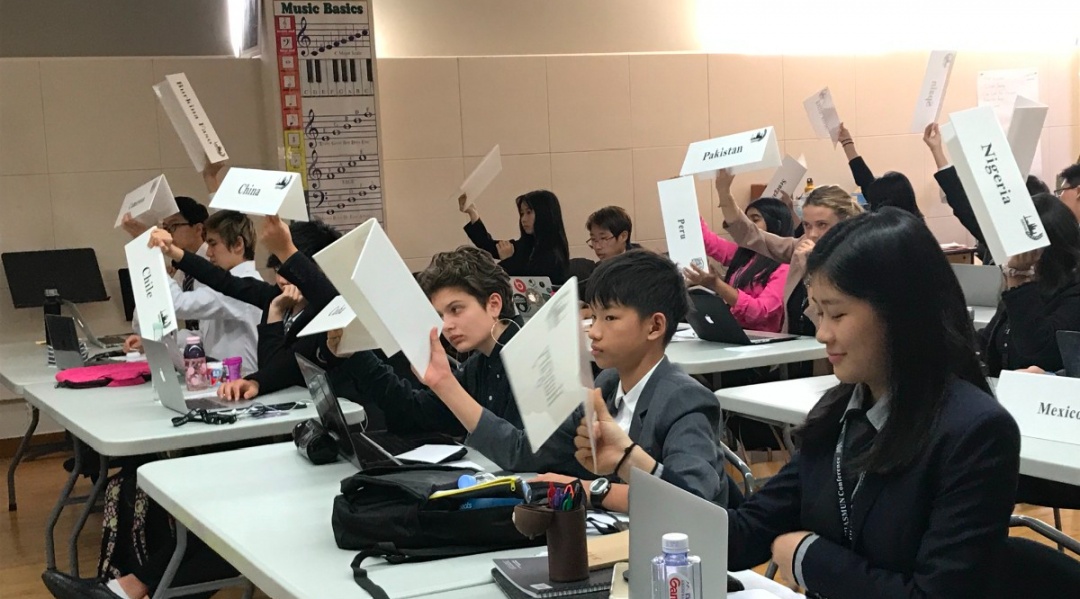
The debate procedure can take several days, students must stay involved through each step. Each student prepares a speech and must defend his/her position with the other student delegates. The student delegates then form committees to create resolutions to these real-world challenges. The committees present their resolutions to the Assembly for debate. Each operative clause of the resolution is challenged, until the students either find a clause that the Assembly can agree on or the resolution will not pass.
MUN gives pupils a chance to gain experience and skills they might not learn in a traditional classroom. MUN is 100% student led, teachers are there only as advisors. High school students serve as Assembly Chairs and moderate the debate. Students learn research, debate, and public speaking skills, and also learn about issues facing individuals across the globe. They learn to collaborate and to appreciate the difficulties nations with competing interests have in finding common ground.
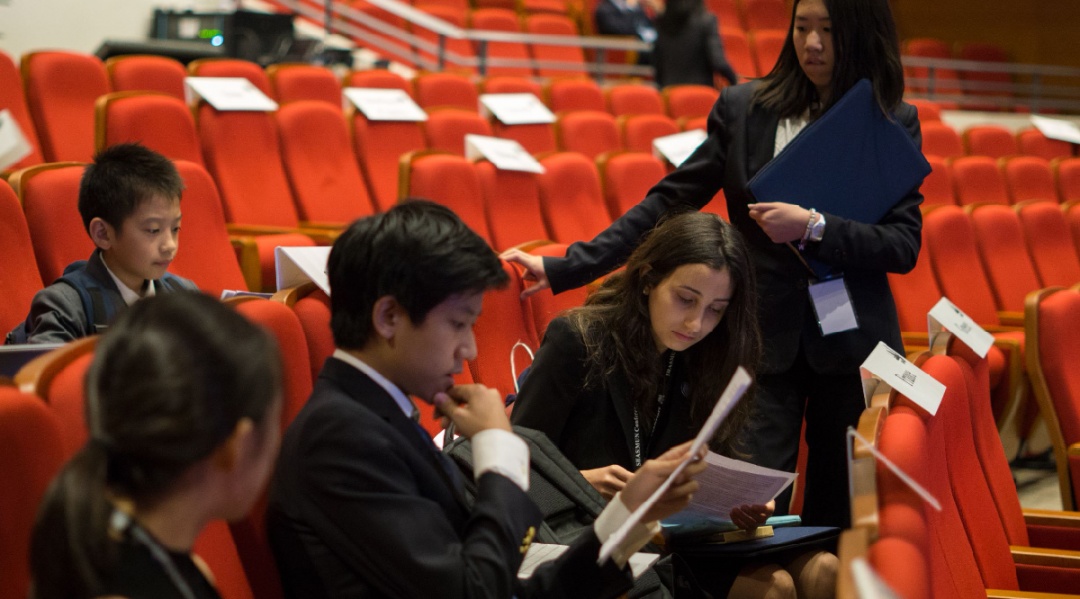
At a typical Model UN conference, the students would be broken into committees, for example- General Assembly, and assigned a country- France or Bangladesh; and given a topic to debate- the impact of the textile industry on the environment. The students would research many aspects of the issue- the waste and water pollution created by the production, the effects on the workers of the industry, the environmental impact of farming the crops or mining the materials for production, and the environmental impact of shipping.
The two nations in this example would have different stances on the issue- one as the consumer and one as the producer. The students will debate- how should the industry be regulated; are their global minimums we are willing to commit to, such as minimum working age, working conditions and wages. On the production side, how can we minimize the impact on the environment? How will these changes effect the producer and the consumer?
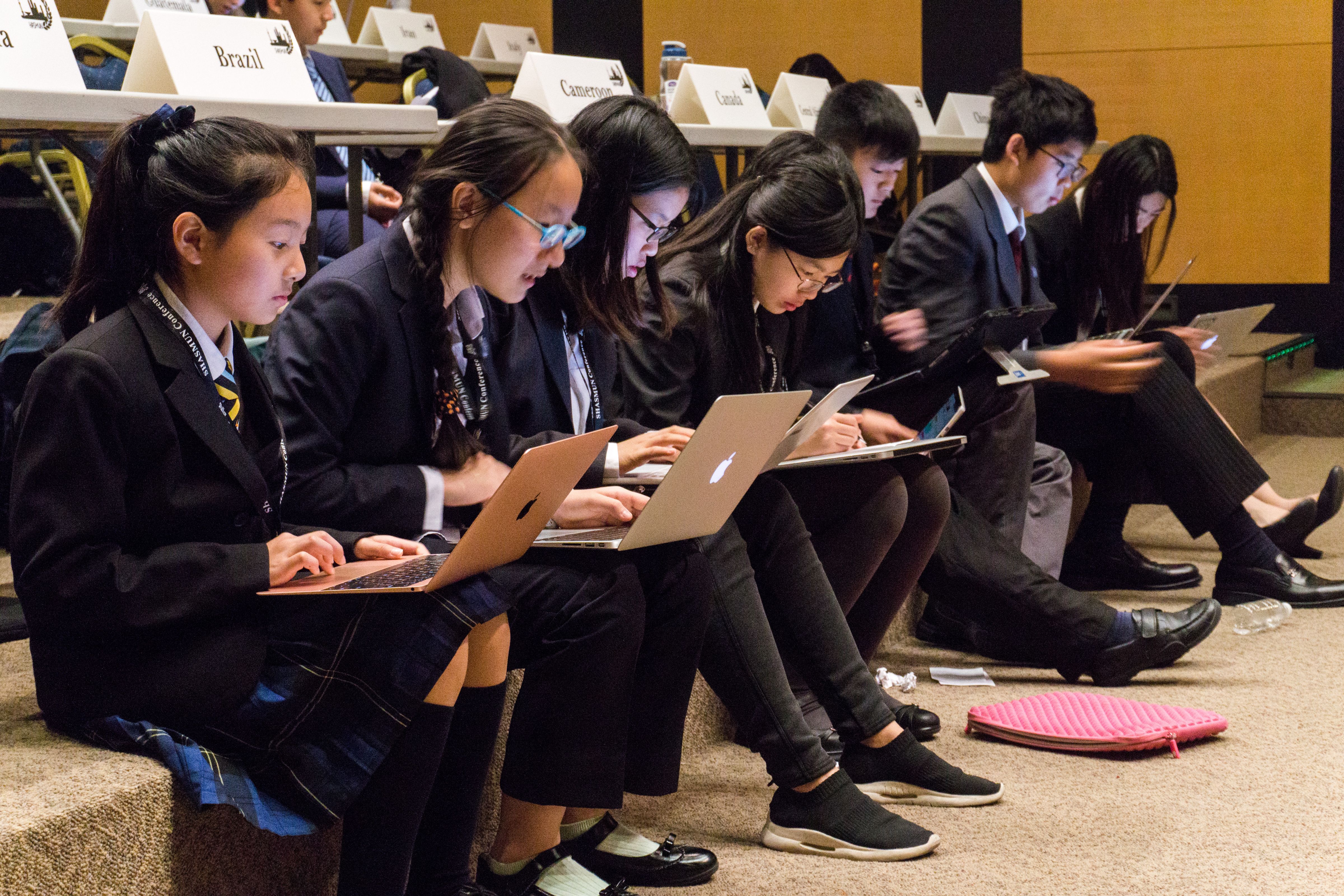
This year has brought new challenges- many MUN conferences have been cancelled or postponed due to concerns for health and safety from to the COVID-19 pandemic. Thus, in our MUN CCA, we recreated our own MUN mini conference. With leadership from veteran MUN students Oscar and Thomas, students selected nations from the African Union and addressed the issue of water scarcity and security. Students created Assemblies and gave speeches as delegates of their selected nation. Breaking into committees, student delegates drafted resolutions to address this water issue. Pupils noted the urgency of this problem and addressed the imbalance of resources across African nations. Students proposed deep-bore wells, desalination, water capture, purification, and distribution issues. Students debated the effectiveness, cost, and challenges of different methods of water acquisition and distribution.
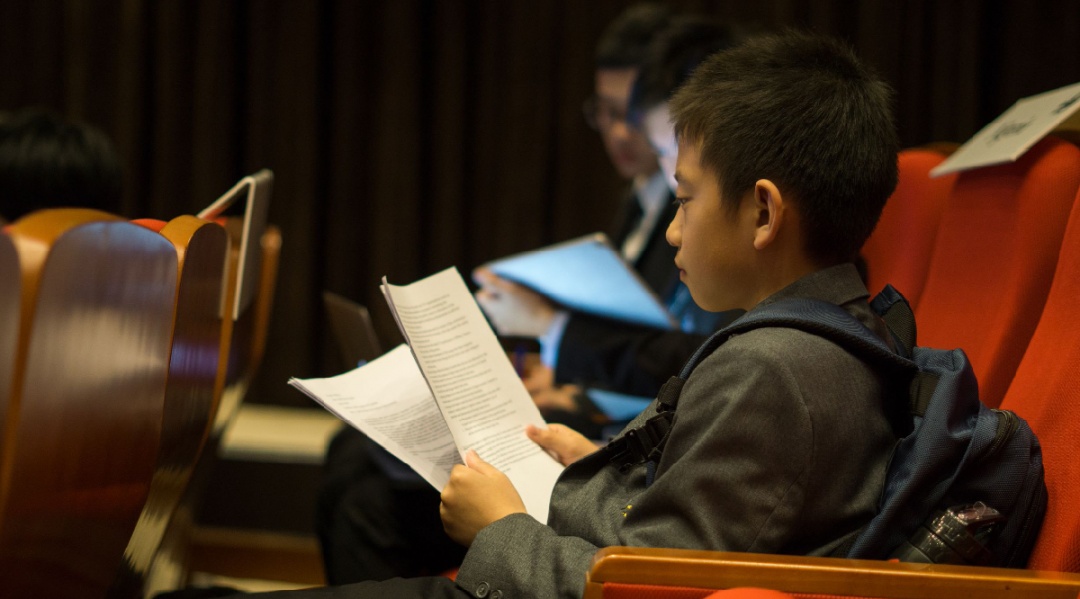
MUN advisors were impressed with our students’ hard work and diligence in seeking out innovative solutions and commitment to having a civilized and productive debate. Although not all of these pupils will pursue careers in diplomacy and international relations, the skills they have gained in MUN will prepare them for success in the future academic and professional endeavors.